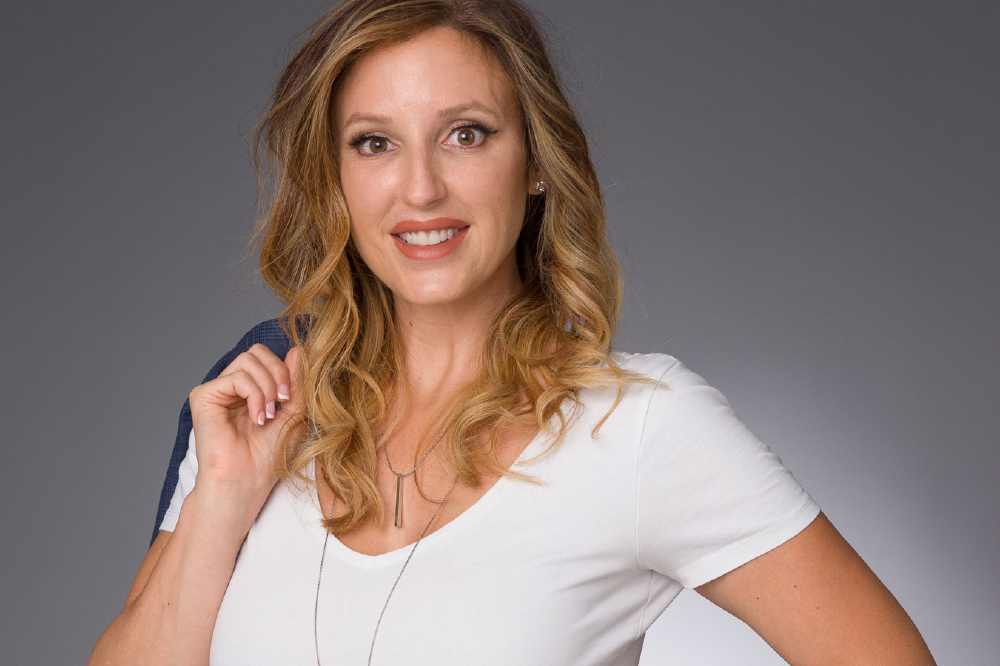In the rapidly expanding world of Applied Behavior Analysis (ABA) therapy, the industry's evolution has often seen a compromising dance between quality and profit. With growth outpacing supply, many companies have fallen into a troubling trend of what insiders call ‘fast-food therapy.’

Nichole Daher
But, a transformative approach that could reshape the industry’s landscape entirely has entered the spotlight in recent years.
Going against the grain of profit-first operations is Success On the Spectrum (SOS). Founded in 2018, the company has broken away from the typical private-entity-backed business models to a one-of-a-kind community-driven franchise approach. The mind behind this vision is Nichole Daher, whose dedication to children with autism fuels SOS's purpose and operational approach.
Distinguishing itself in the ABA therapy market, SOS’s franchise model skillfully balances the benefits of a large company’s resources with the personal touch of a ‘mom-and-pop’ business.
“Unlike traditional companies, most of our franchise owners are parents of children with autism. They have first-hand experience of the challenges that those seeking high-quality ABA therapy face, giving a unique sense of empathy and a personal understanding to their role at SOS,” Daher says.
The significance of this franchise model cannot be overstated. By putting ownership in the hands of those who truly understand the needs of their clients, SOS has managed to create a service that prizes quality of care over quantity of profit, setting an industry example for how care should be delivered.
This innovative structure has allowed SOS to ensure lower caseloads, strict one-to-one client-staff ratios, and ethical billing practices, all while providing training and operational monitoring to ensure these standards are upheld across every location.
“This way, we can ensure that children receive the undivided attention they need for optimal progress,” Daher says.
In a relatively short timeframe, SOS has proven its mettle and shown promising scalability. The organization has continued to grow, extending its reach into eight states so far, reaching a number of 31 open clinics.
Each new location represents an extension of its high-quality service to more children, further emphasizing the significance and potential of this model within the ABA industry.
Beyond the clinics and therapy rooms, SOS also fosters community engagement through an outreach program that hosts sensory-friendly events, promoting social inclusion and acceptance of autism. The best part? All the events, that span from festivals and proms to parent-training workshops, are available for everyone, whether or not they are SOS clients. “Every child should be able to enjoy activities like this without the fear of being judged or rejected. Essentially, we're making memories for these kids because many of them would otherwise never be able to experience an event like prom.”
As the first company of its kind to implement a franchise model in the ABA therapy industry, SOS is transforming the way services are provided to children with autism.
This approach illustrates that business growth and high-quality service provision can coexist without compromising each other. And so, the blueprint of SOS’s franchise model could very well become the industry’s prototype, promising a future where community-driven, quality-focused service becomes the norm.
Tagged in Autism

